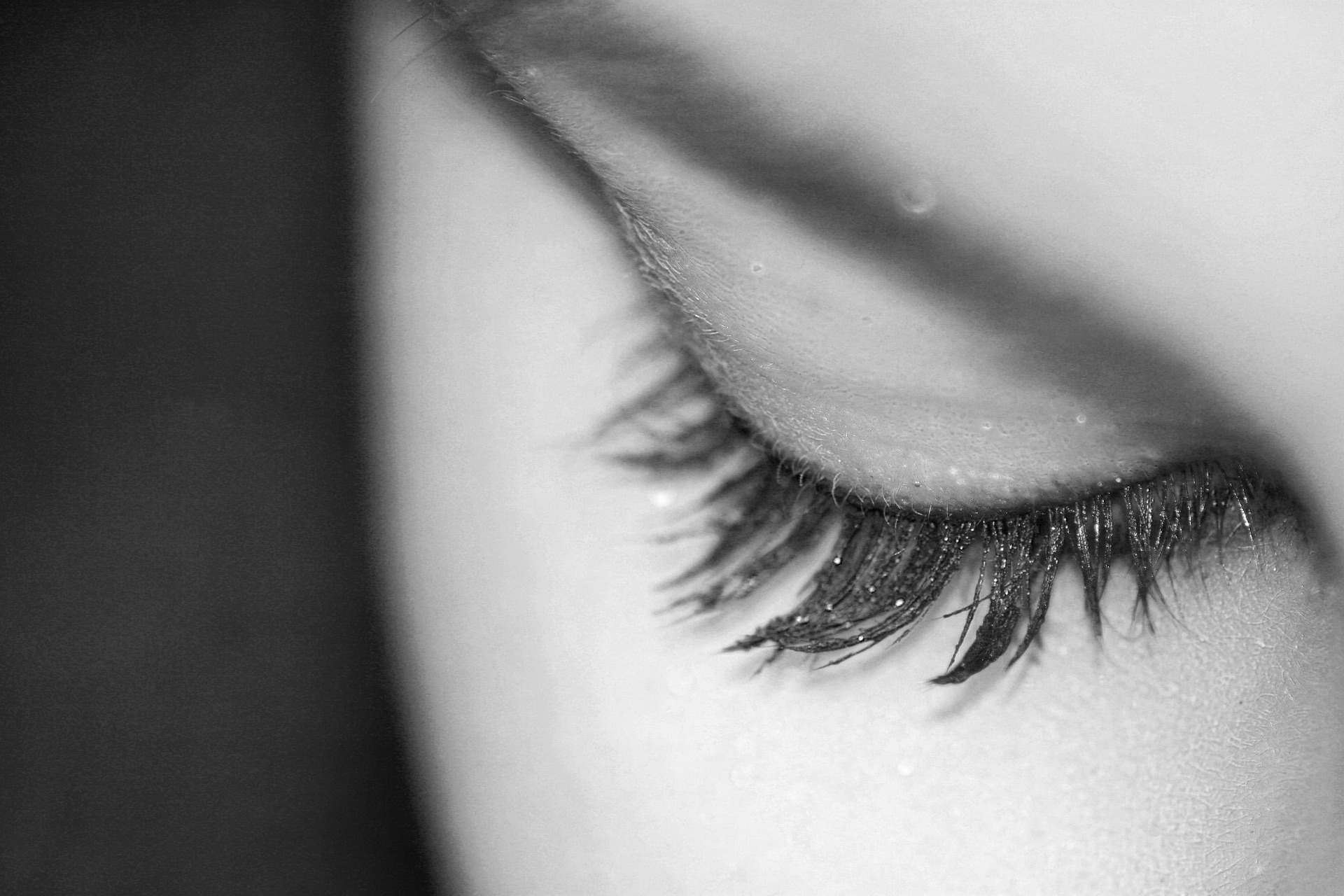
The general public may be putting themselves at risk of illness and infection by using germ-ridden makeup and beauty products.
Saffron Hughes, MUA at FalseEyelashes.co.uk – stockists of the biggest selection of lashes in the business – shared insight into overall makeup hygiene, also collaborating with dermatology specialist Mehmet Göker to give some further insight into the risks or using ‘dirty’ products.
9 aspects of popular skincare, makeup, and beauty products were discussed, including fake tan mitts, false eyelashes, makeup brushes, makeup packaging, makeup sponges, mascara wands, pencil makeup products, and powder makeup products.
Assuming the user is healthy, and products are not being shared with others, the following frequencies and methods were recommended:
- Fake tan mitts (after each use) – Soak and handwash with washing powder or softener, or put into washing machine
- Makeup brushes (regularly – at least once a week) – Use Isopropyl Alcohol – leave your brushes to fully dry before use and, if necessary, rinse away excess alcohol
- Makeup sponges (regularly) – Use sponge cleanser or even a bar of soap or baby shampoo/oil
- False eyelashes (regularly) – Use a false eyelash cleaning kit for the best results
- Makeup packaging (every month) – Wipe over with a disinfectant wipe
- Pencil makeup products (n/a if regular sharpening) – Sharpen regularly, and wipe over with a disinfectant wipe
- Lipstick bullet (n/a – protected by lid) – Wipe over packaging with a disinfectant wipe
- Powder makeup products (n/a – could ruin consistency) – Wipe over packaging with a disinfectant wipe
- Mascara wand (n/a – throw away if clumpy) – Wipe over packaging with a disinfectant wipe
Saffron Hughes, MUA at FalseEyelashes.co.uk, commented that:
“Out of the 9 aspects mentioned in this part of our research, your makeup brushes and sponges are definitely the most likely to harbour germs, dirt, and bacteria. This is because they store a combination of your leftover makeup, skin cells, skin oils and any other dirt which can lead them to harbour bacteria. For the best hygiene, and to avoid cross-contamination, never share beauty products with others”.
Dermatology specialist Mehmet Göker added that “the bacteria that can accumulate on your brushes and products include staphylococcus, e-coli, and fungus. Staphylococcus aureus is commonly found on around 30% of people’s skin and causes skin infections therefore it is important to prioritise washing your beauty products regularly. These viruses can last anywhere from a few seconds to a few days on common surfaces. Flu viruses can survive in the air for several hours, especially at lower temperatures, and on hard surfaces such as beauty products or even where you store your makeup can survive and remain infectious for 24 hours. If you are only using your brushes on yourself then give them a good clean twice a week. If you suffer from skin breakouts, have any cuts or grazes, or have an eye infection then you must clean your brushes every day”.
For more information on the full research, visit: https://falseeyelashes.co.uk/blogs/news/makeup-and-beauty-products-shelf-life-expiration-cleaning



